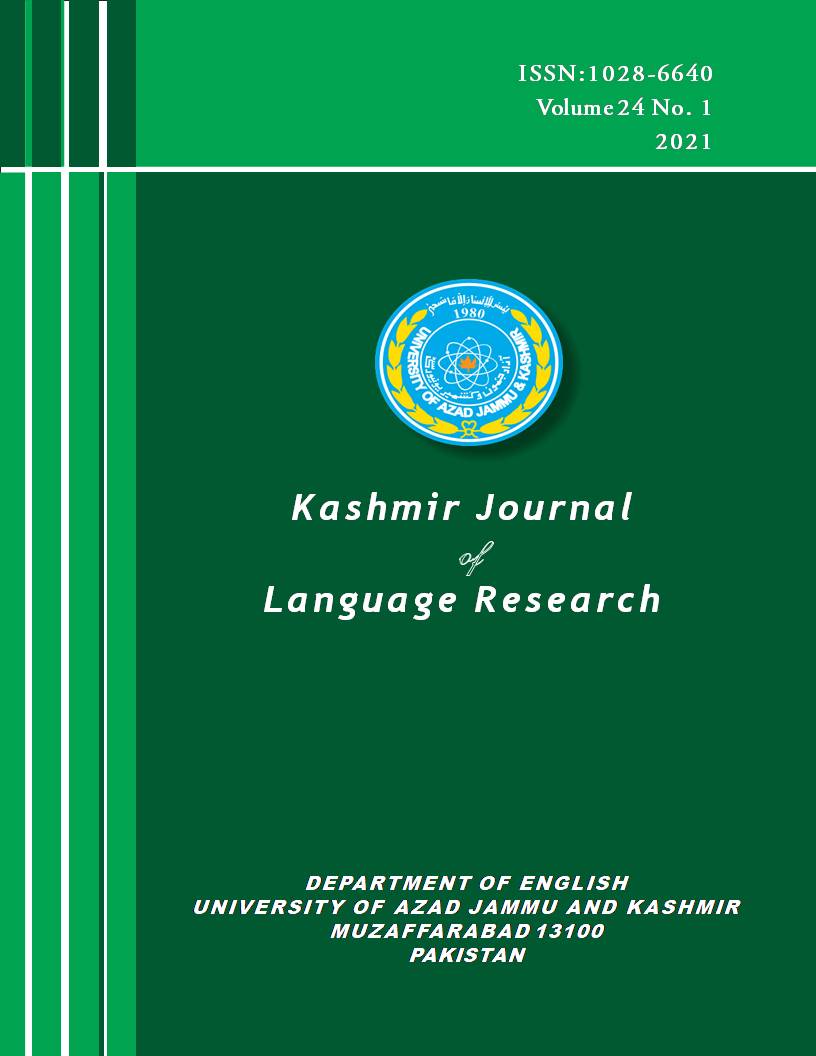Realization of Present Perfect in Urdu and its Semantics: A Comparison with English
Keywords:
Urdu perfects, Perfect Time Span, Universal Perfects, Existential PerfectsAbstract
This paper aims to present an analysis of the realization of present perfect in Urdu language in comparison to English with a focus on the meaning contribution of present perfect in both languages. The exact semantic contribution of present perfect depends on the morpho-syntactic features of the elements that enter into its configuration and therefore its temporal meaning varies across languages. However, these differences need to be reconciled for a uniform semantic account of ‘perfect’ under the generative framework. The main semantic contribution of Urdu perfects is analyzed in this paper according to the ‘Extended-now’ approach according to which perfect is a relative tense and it sets up a ‘Perfect Time Span’ (PTS) which connects a past event to the time of utterance. The analysis shows that Urdu perfects pattern with English perfects in most cases except universal perfects. Urdu does not have universal perfects because Urdu perfects are formed with the perfective participles which don’t allow the meaning of unboundedness and continuity of the situation –which are an essential part of the meaning of universal perfects. However, Urdu perfects are not perfective across all situation types in the same way as English perfects are as Urdu perfectives require a light verb with the main verb to express the meaning of culmination. This behavior of Urdu perfects further lends support to the proposal that ‘perfect’ is not an aspect but a tense and the application of PTS approach provides a uniform semantic account of perfects in both Urdu and English.

Downloads
Published
Issue
Section
License
Copyright (c) 2021 Kashmir Journal of Language Research

This work is licensed under a Creative Commons Attribution 4.0 International License.




